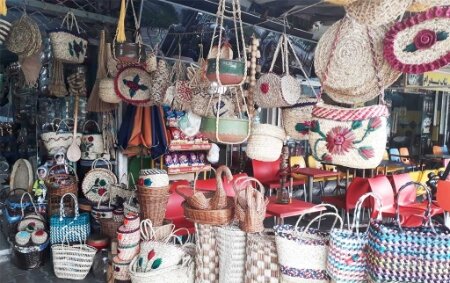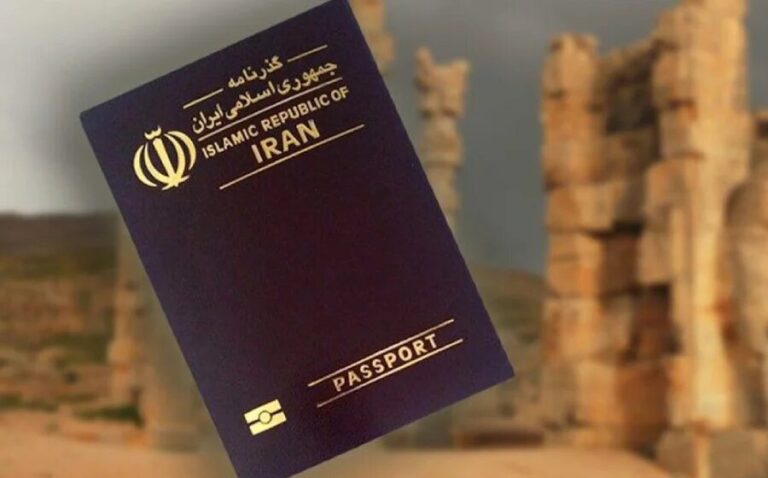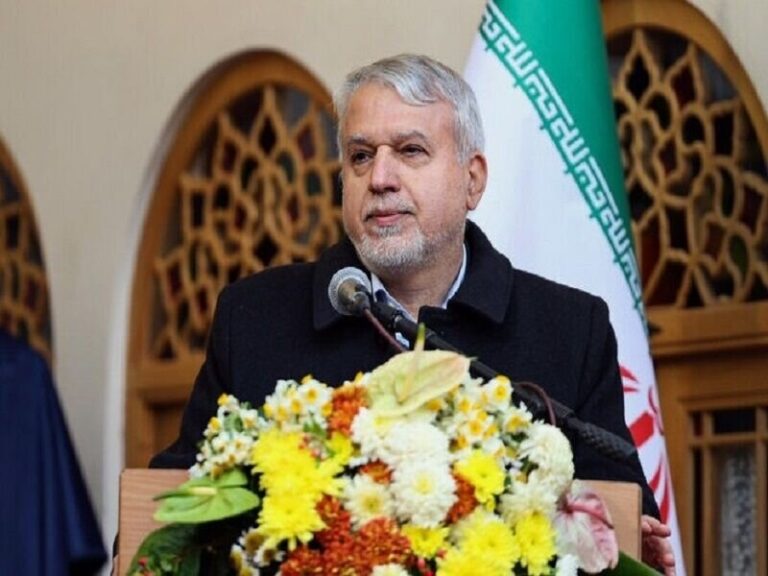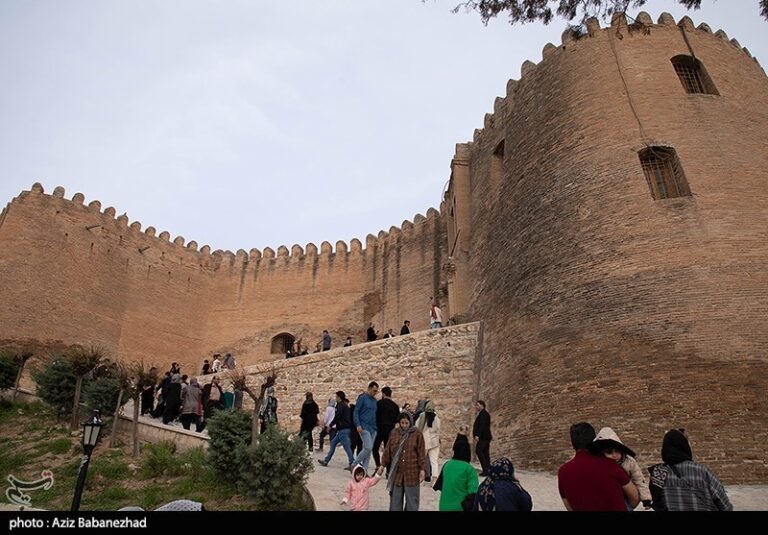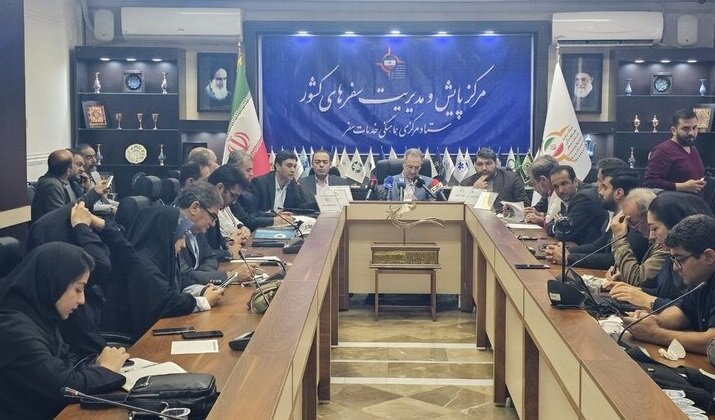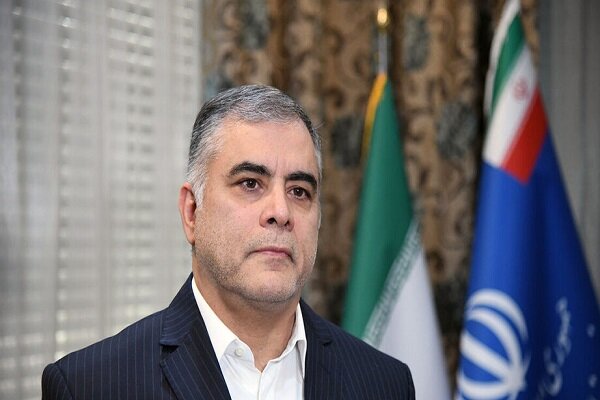Anzali Set to Transform into Handicraft Export Hub for Caspian Sea Coastal Nations
In a recent announcement, Maryam Jalali Dehkordi, Iran’s deputy minister for handicrafts, highlighted the significant potential of the Anzali Free Zone in Gilan province. This statement was made during the 7th Export Potential Exhibition of the Islamic Republic of Iran, held in Tehran from April 28 to May 2. The initiative aims to transform Anzali into a prominent handicrafts export hub catering to the Caspian Sea littoral states, as reported by IRIB.
Jalali remarked on Anzali’s extensive trade opportunities, suggesting that it could evolve into a compact representation of Iran. This transformation would allow foreign tourists and merchants to experience the rich cultural diversity of Iran while benefiting from the region’s free zone infrastructures.
- Establishing specialized handicrafts custom administration is a top priority for the region.
- Standardizing products and enhancing the business acumen of artisans are crucial steps in this endeavor.
- Preserving the indigenous identity of global handicrafts villages is essential to maintain cultural integrity.
- The proposed Anzali handicrafts campus aims to serve as a cultural representative for all provinces, showcasing a vibrant fair of Iranian art and identity.
Jalali further announced the upcoming formation of the Handicrafts Export Promotion Company, which will operate under a public joint stock structure and engage in the capital market. This new entity is anticipated to play a pivotal role in attracting investors, thereby positioning Anzali as a major hub for handicrafts exports.
She emphasized that the Anzali Free Zone holds substantial potential for achieving economic diplomacy rooted in cultural exchange, particularly due to its proximity to significant markets like Russia. This strategic location is expected to facilitate trade and strengthen cultural ties in the region.
Mostafa Ta’ati-Moqaddam, the managing director of Anzali Free Zone Organization, also shared exciting developments during the exhibition. He announced plans to establish the largest handicrafts campus in Anzali, focusing primarily on basket weaving, a craft that thrives in Fashtakeh village. This initiative, which involves 1,800 artisans, is set to be inaugurated by the end of the current Iranian year and will serve as a hub for training, production, showcasing, and exporting handicrafts.
Additionally, Ta’ati-Moqaddam revealed the launch of Antonov 26 cargo flights between Rasht and select Russian provinces. These flights are designed to transport up to six tons of handicrafts to target markets in the Caspian Sea littoral states every two weeks, enhancing the region’s export capabilities.
The establishment of free trade zones (FTZs) in Iran dates back to the Iranian calendar year 1368 (March 1989 – March 1990). This initiative followed a sharp decline in the country’s oil income, prompting the government to focus on promoting non-oil exports.
The first two free trade zones were established in southern Iran, with Kish Free Trade Zone inaugurated in 1368 on Kish Island in the Persian Gulf, followed by the Qeshm Free Trade Zone on Qeshm Island in the Strait of Hormuz in the subsequent year. Since then, five additional FTZs have been established across the country, including:
- Chabahar in southeastern Sistan-Baluchestan Province
- Arvand in southwestern Khuzestan Province
- Anzali in northern Gilan Province
- Aras in East-Azarbaijan Province
- Maku in West-Azarbaijan Province
The ongoing development of existing free trade zones and the establishment of new ones have become crucial components of the Iranian government’s economic strategy. This approach aims to bolster the nation’s economic resilience and promote sustainable growth through increased trade and cultural exchange.
In conclusion, the strategic initiatives surrounding the Anzali Free Zone underscore the Iranian government’s commitment to enhancing the handicrafts sector. By fostering an environment conducive to trade and cultural representation, Anzali is poised to become a vital link in the region’s economic landscape.
